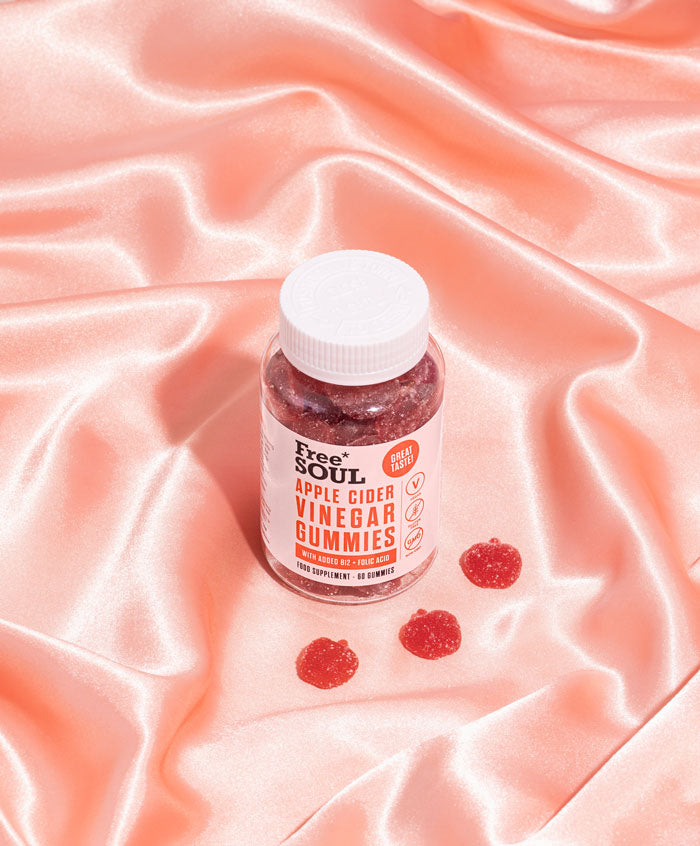How To Develop Healthy Eating Habits

Do you instinctively have a way of doing things? Like always have your morning coffee with two sugars, always following the same route to get home, always slicing your toast before you eat it?
All of these types of behaviours are your habits. Actions that have been done so repeatedly that it no longer requires much brain activity for you to do them. By understanding the power of habits, it also gives us the power to modify and change them to improve our lifestyle and overall well-being.
Healthy eating habits come hand-in-hand with fitness to achieve and maintain good overall health. Developing more positive habits as part of our lifestyle is key to sustaining long-term optimal health.
The Science of Habits
Charles Duhigg, the author of The Power of Habits, provides an explanation of how habits are formed and our potential for transformation. He explains this through “a habit loop” whereby certain cues may trigger certain routines to lead to rewards.
For example, you may have a habit of absent-minded snacking in the mid-afternoon. Imagine: you’re at work and the clock strikes 3 pm, and this is usually the time that you usually have a mid-afternoon snack/treat (this is a cue), then you make your way to a café or any given food station (out of routine) and you get rewarded. But what is the reward-driven by? The snack or socializing with peers or colleagues while you have your snack?
Duhigg explains that the reward is the most important part of the habit loop. Therefore, by figuring out what the reward aspect is allows us to substitute the cue and routine with something more positive.
Keystone Habits
A “keystone habit” refers to one specific pattern of habit. And by changing one thing, it can trigger more changes allowing us to reprogram other routines in life. As our habits change, our brain physically changes too.
A lot of our daily activity isn’t based on decisions but by habits. When a habit is formed, our brain stops fully participating in decision-making to make room for brain activity for other things.
So unless we actively and deliberately fight a habit, old patterns can unfold automatically. Ever heard the phrase “old habits die hard”? There is truth in this saying because our brain never forgets a habit that has once been developed before.
Some habits matter more than others at influencing lives. Shifting keystone habits can have spillover effects on other habits and routines. It provides “small wins” which fuel transformative changes - a ripple effect of changing these significant habits.
For example, exercise is a keystone habit that can trigger widespread change. Introducing regular exercise as part of a healthier lifestyle can trigger changes that have positive knock-on effects on other aspects of health.
For example, as your training progresses, you may find yourself to be more focused on eating better, waking/sleeping a little earlier to make time for a workout, focus on staying hydrated, etc. All to maintain exercise as a new habit. This in effect creates a lifestyle where new values become ingrained.
Healthy Eating Habits
Building healthy eating habits and making them stick contributes to good health in the long-term. One way to achieve this is through small successes that eventually add up and develop into a newly formed habit.
Some ways to make small, achievable and healthy changes to your eating habits:
Healthy Substitutes
When you are buying your groceries, instead of buying pasta and white rice, buy whole-grains and explore other grains like brown rice, quinoa, lentils and bulgur wheat. This way you still have the satiety from carbohydrates but you’re also increasing your intake of fibre, which may help improve gut health and digestion.
Or, you can swap out pasta strands with courgette that’s shred with a julienne peeler. Or swap rice with cauliflower rice that’s made by pulsing cauliflower in the food processor. If you're not quite ready to fully substitute these foods, you can go half and half.
Portion-control
One of the ways to guide how much you eat is your portion size. Eating from a large plate or bowl encourages you to eat more than you need to. Get in the habit of eating from a good-sized bowl or plate each time and you may find that you begin to eat the right portions.
A rough guide to a single portion of food is by holding out two palms and that should be sufficient as a single food serving. Understandably, some foods are denser than others. This is just a rough way to know how much to eat.
Plan Your Weekly Meals
When you’re tired after a whole day at work, it can be quite daunting to think about what to eat for dinner. And then going to get the ingredients can seem more like a chore. Save yourself from this by getting in the habit of planning a weekly menu and doing a weekly food shop.
Having a plan for your meals throughout the week (especially weekdays) allows you to have convenient building blocks for dinner. For example, a readily available double/triple batch of vegetables and grains at home that’s ready to be cooked. This way you don’t have to sacrifice nutrition to save time and energy.
Focus On The Positive
Instead of focusing on taking unhealthy foods away, focus on exciting and healthy foods you can add to your diet. Explore what’s in the fresh foods aisle and pick up an exciting vegetable/fruit that you’ve never had before. Ever tried a purple cauliflower or pak choy?
You’re more likely to sustain healthy lifestyle choices if you enjoy it and embrace it rather than see it as a form of punishment from what you’re limiting yourself from.
The Take-away
A deeper understanding of how habits are formed may cultivate a greater sense of awareness of why we habitually do things. Shifting certain habits can produce positive changes to other habits and routines and provide small wins. Small changes to your eating habits, over time, may lead to better health. A little, bit by bit, can go a long way!
Image credit: https://traineracademy.org/
**At Free Soul, your wellbeing is our priority, and although we pride ourselves on our expertise in women's health and wellbeing, it is important to acknowledge the individuality of each person. Features published by Free Soul are not intended to treat, diagnose, cure or prevent any disease, or replace the advice of your GP. We always recommend consulting with a healthcare provider if you encounter any health concerns, and we’ll always be here to support you so you’re never alone on your journey.













